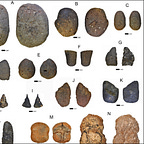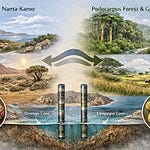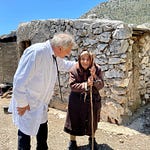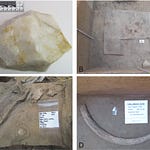By the time anatomically modern humans had ventured into the labyrinth of islands that make up the Philippine archipelago, they were already equipped with more than just the will to explore. New archaeological findings from Mindoro suggest they carried with them a deep knowledge of the sea, the skills to exploit both reef and pelagic ecosystems, and the tools to connect far-flung islands long before the idea of maritime civilizations had entered scholarly imagination.
A recent synthesis of over 15 years of archaeological work by the Mindoro Archaeology Project, led by researchers from Ateneo de Manila University in collaboration with international scholars, adds clarity to this murky past. Their findings, published in Archaeological Research in Asia1, suggest that by at least 35,000 years ago, the early inhabitants of Mindoro—an island that was never connected to the Asian mainland—were part of a much older and more technologically advanced maritime culture than previously assumed.











